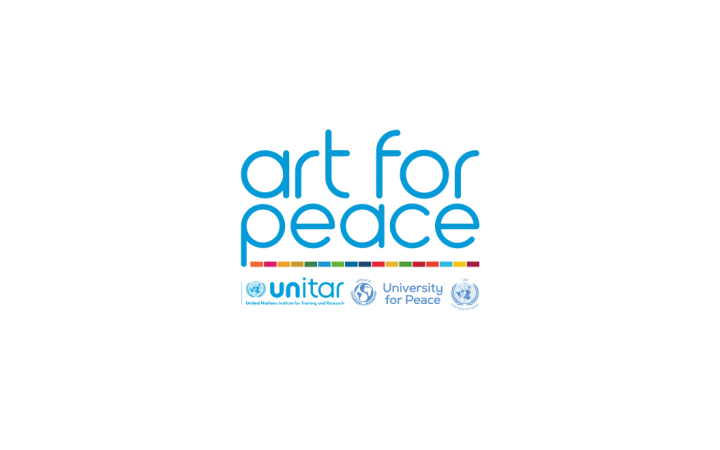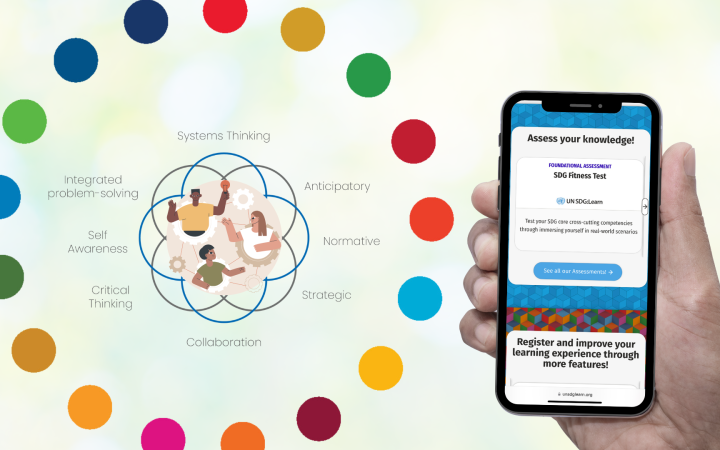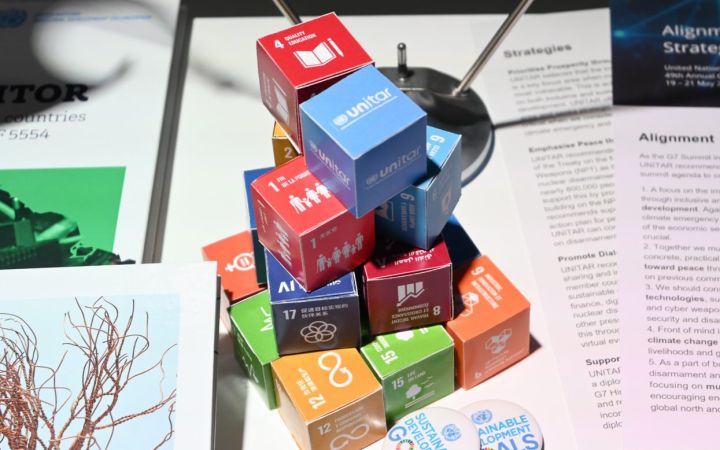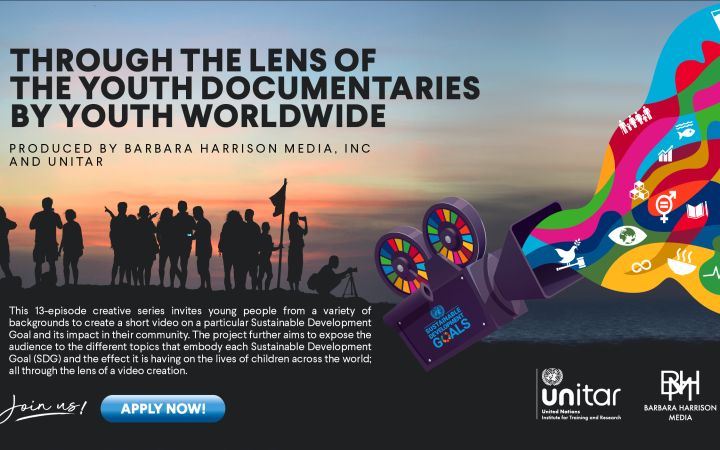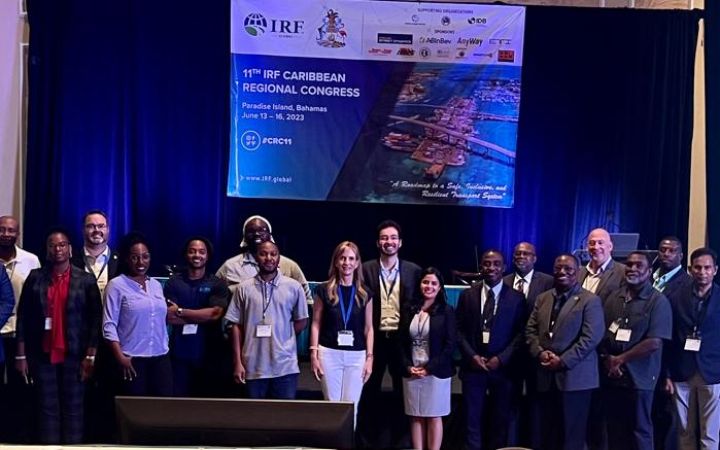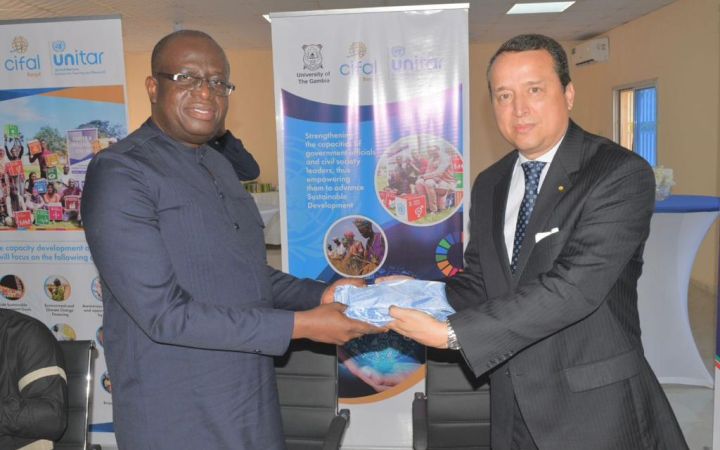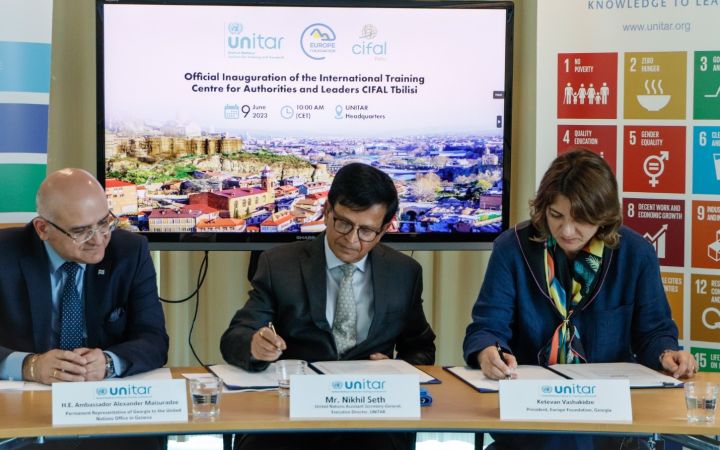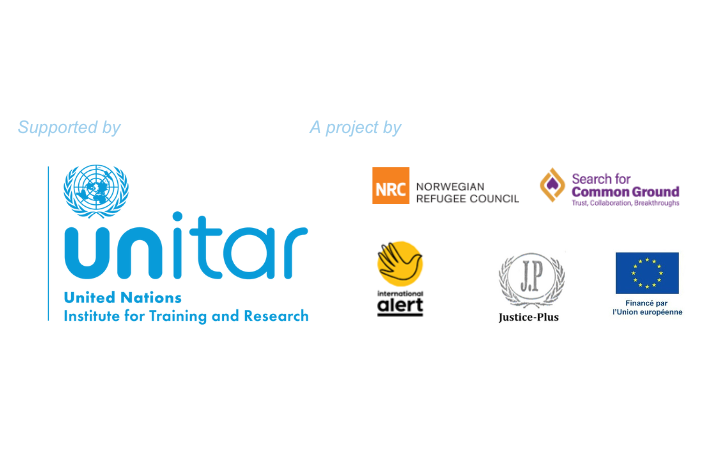Displaying 631 - 640 of 1515
26 June 2023, Geneva, Switzerland - Are you curious about how artificial intelligence (AI) can help you design more effective learning experiences? You have probably heard of AI and perhaps experimented with some AI tools, but you either found it overwhelming or were not necessarily impressed by the results. What if we told you that, when used properly, AI can contribute to creating innovative, inclusive and impactful educational experiences that promote the advancement of the Sustainable Development Goals (SDGs)?
In this article, we will share some examples of how we have used AI to enhance learning design and how this aligns with our mission to advance the SDGs.
In this article, we will share some examples of how we have used AI to enhance learning design and how this aligns with our mission to advance the SDGs.
26 June 2023, Geneva, Switzerland - Advancing the Sustainable Development Goals (SDGs) requires innovative approaches that go beyond traditional approaches. The United Nations Institute for Training and Research (UNITAR) is particularly proactive in innovating to be one of the most important institutions to develop methods in keeping with global developments and surrounding circumstances, especially via its significant work towards the achievement of SDG 16 for peace, justice and strong institutions endorsed by its Division for Peace and its inventive work to prevent extremism and counter-terrorism.
As the dedicated training arm of the United Nations, UNITAR strives to stay at the forefront of innovation. We acknowledge our responsibility in the role of leading the discussions, highlighting best practices, and framing a responsible evolution of the education environment.
To exemplify our commitment to delivering on our mandate and working in the spirit of inclusivity and social responsibility, our “Art for Peace” NFT Collection will help shape the new leaders of a new world, by serving as a fundraising platform that will cover the tuition fees for 50 students from Least Developed Countries (LDCs) and Small Island Developing States (SIDS). We prioritize inclusivity, and strive to ensure that education is accessible to all.
To exemplify our commitment to delivering on our mandate and working in the spirit of inclusivity and social responsibility, our “Art for Peace” NFT Collection will help shape the new leaders of a new world, by serving as a fundraising platform that will cover the tuition fees for 50 students from Least Developed Countries (LDCs) and Small Island Developing States (SIDS). We prioritize inclusivity, and strive to ensure that education is accessible to all.
26 June 2023, Geneva, Switzerland - Halfway down the road, we still have a long way to go to reach the Sustainable Development Goals by 2030. On some goals, we fell behind due to the COVID-19 pandemic which taught us one important thing: actions and policies cannot be developed in silos. While a wildlife issue can have effects on public health, measures in this area may in turn affect economy, access to education and other health services and contribute to gender-based violence. They can also have short-term and longer term effects on environment – and all this with complex effects across countries, reigons and time. Anticipating and understanding the effects of actions across different policy areas and georgraphies has been a challenge for all: be it a policy-maker, businessperson, care-provider, scientist, civil society advocate or just as an individual. The COVID-19 response has been a glaring demonstration of how important it is for all stakeholders to fully embrace the eight core cross-cutting SDG or sustainability competencies defined by UNESCO - systems-thinking, anticipatory, normative, strategic, critical thinking, self-awareness, collaboration, and integrated problem-solving as an overarching competency.
14 June 2023, Hiroshima, Japan – On 5 June 2023, UNITAR Association, UNITAR's national commitee in Japan, held a Sustainable Development Goals (SDGs) Seminar for its supporting members in Hiroshima, Japan. Hiroshima companies gathered to reflect on the philosophical and practical lessons they’ve learned while integrating the SDGs into their businesses.
26 June 2023, Geneva, Switzerland - As we navigate the complex challenges of the 21st century, the role of young people in driving positive change has become increasingly vital. Empowered by their creativity, energy, and determination, youth worldwide spearhead innovative initiatives that advance the United Nations' Sustainable Development Goals (SDGs). In this article, we will explore the inspiring ways that young people are engaging with the SDGs through a creative project that is shifting communities worldwide.
14 June 2023, Nassau, Bahamas – UNITAR delivered a workshop on its Management Practices for Safer Roads Toolkit in the framework of the 11th IRF Caribbean Regional Congress in Nassau, Bahamas held from 13 to 16 June 2023.
13 June 2023, Banjul, The Gambia - The United Nations Institute for Training and Research (UNITAR) in partnership with the University of The Gambia (UTG) launched CIFAL Banjul on Tuesday 13 June 2023. The event was held at UTG’s Kanifing Campus and hosted by Professor Herbert Robinson, Vice Chancellor of the university.
9 June 2023, Geneva, Switzerland – In partnership with Europe Foundation (Georgia), UNITAR has established its 32nd CIFAL centre in Georgia, which will offer a range of learning opportunities on artificial intelligence, social inclusion, and effective to facilitate knowledge-sharing between government officials, leaders, and civil society members from the Caucasus region.
9 Juin 2023, Genève, Suisse - L'Institut des Nations Unies pour la Formation et la Recherche (UNITAR) et le Consortium Cohésion Sociale en RDC, constitué de Norwegian Refugee Council, de Search for Common Ground, d'International Alert et de Justice Plus, ont signé un accord pour que l'UNITAR soutienne le processus de capitalisation du Consortium pour le projet «Contribuer au renforcement de la cohésion sociale et à la stabilisation dans les provinces de l’Ituri et du Nord-Kivu» financé par l’Union Européenne.




